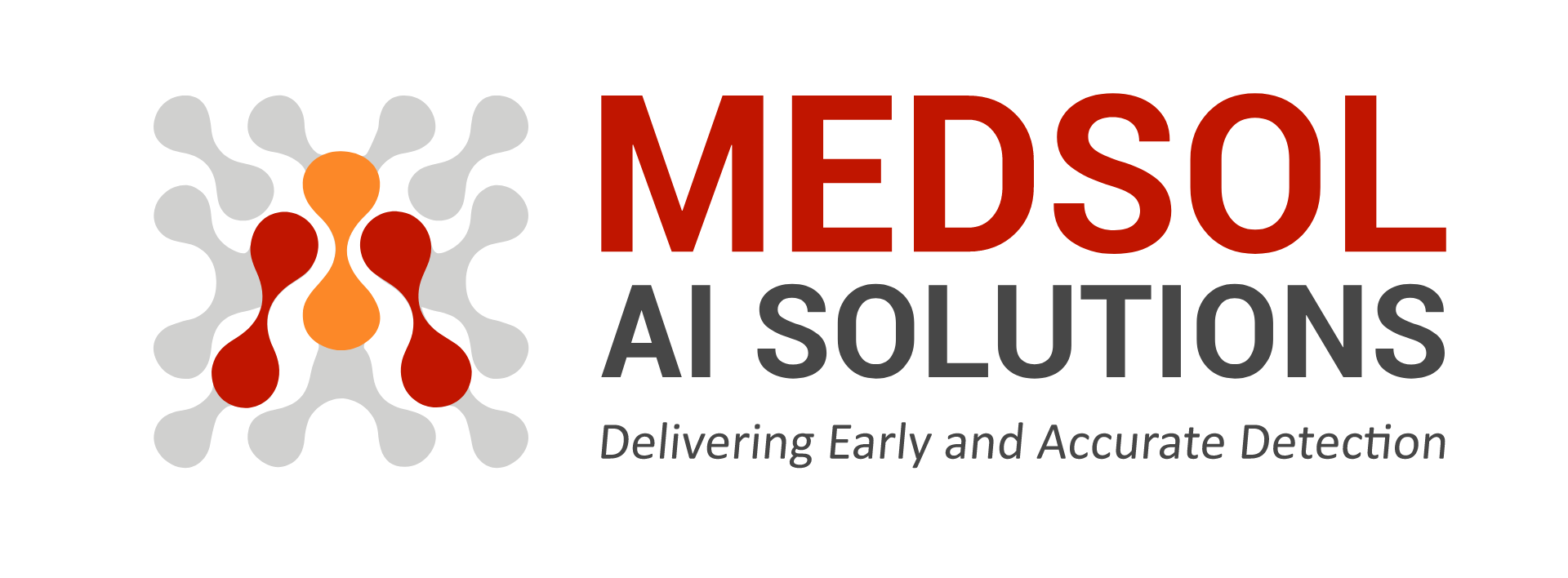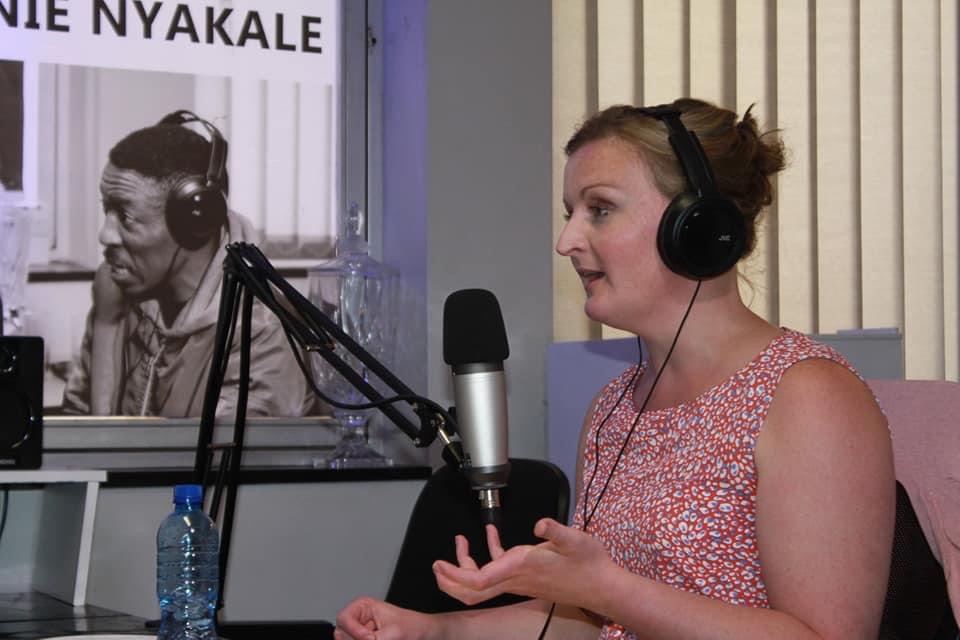Last Friday, we highlighted the contribution of two South Africans Jamie Ambrose and Allan Cormack – to Multiple input nodes Hidden layer Output layer the development of computer tomography which made its clinical debut 50 years ago.
This past week Image acauisition Seqmentation Noise filtering Data saw the announcement of another breakthrough from SA in the field of medical imaging applied to breast cancer diagnosis. Kathryn Malherbe, a lecturer in radiography at the University of Pretoria, is the founder and CEO of MedSol Al Solutions, a company that has just launched a novel system that applies deep machine learning and artificial intelligence to breast ultrasound images.
Malherbe, who has just completed her PhD thesis on this topic, recently published a review article in the American Journal of Pathology entitled “Tumor microenvironment and the role of artificial intelligence in breast cancer detection and prognosis.” Seen above right is an illustration of the mechanistic framework model that she described (© American Society for Investigative Pathology). Malherbe concluded: “Integration between biomarkers, risk factors, and imaging data will allow the best predictor
models for patient-based outcomes.
The imaging platform used by MedSol Al Solutions is the wireless point-of-care ultrasound system that is manufactured by the Canadian company, Clarius. Costing an order of magnitude less than traditional hand-held ultrasound systems, the Clarius probe communicates via Wi-Fi to a laptop computer, tablet, or smart phone (see image below right).
Since MedSol’s Al algorithm has been implemented as an app on the phone or tablet, the system can be deployed in a rural clinic that lacks sophisticated infrastructure. However, if internet connectivity is available, images may be uploaded to the cloud.
“We want to make Al available to everyone from all walks of life, not just for patients from private hospitals.” said Malherbe. She continued, “There are so many women who face the diagnosis of breast cancer too late, and we want to narrow the gap and allow all women fair and early treatment.” She believes the company’s innovation could have a meaningful impact on the high mortality rate of breast cancer in South Africa.
The Al algorithm developed by MedSol was based on over 15,000 breast ultrasound images gathered by Malherbe and her clinical colleagues, while journal articles documenting the system’s accuracy are currently under review. The company has applied for international patent protection, including the algorithm’s ability to identify different breast cancer subtypes. A recent prize of $60,000 from the SAB Foundation Social Innovation Awards will provide a welcome boost to MedSol as the business endeavours to expand its geographic footprint. Now that’s something to celebrate!

